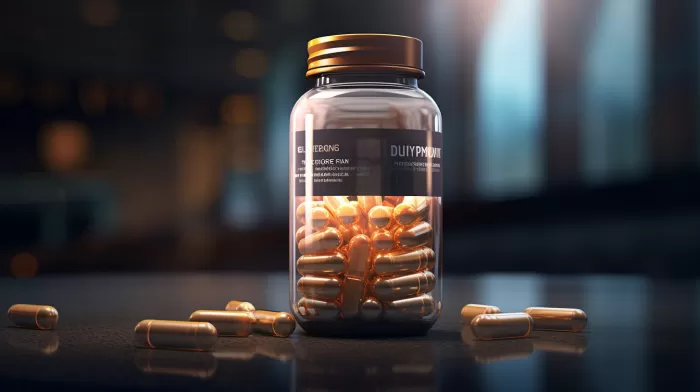Post-apocalyptic scenarios on the big and little screens may be exciting, but there’s one that is all too real — antibiotic resistance. One way to protect ourselves from this alarming future is to stop abusing antibiotics. Overprescribing and overusing antibiotics have created a scenario that’s just as scary as a zombie apocalypse. However, one simple daily action can decrease the chances of this bleak future becoming a reality — taking a probiotic.
Probiotics Make Antibiotics Less Necessary
A recent collaborative study conducted by researchers from the U.S., England, and the Netherlands found that infants and children who take probiotics daily are less likely to receive antibiotic prescriptions. The research used data from 12 different studies and discovered that young children given a probiotic supplement were 29% less likely to receive an antibiotic script from their doctor.
Furthermore, when researchers only looked at data from the most high-quality studies, they found that the percentage increased further — babies and kids who took probiotics were 53% less likely to need antibiotics.
The reason probiotics make antibiotics less necessary is that they are good for the immune system. Previous research has shown that probiotics reduce the likelihood of getting common infections like respiratory infections and stomach bugs. They also decrease the duration and severity of such infections. So, fewer infections inherently mean fewer antibiotics.
Do Your Part for Humankind by Taking Probiotics
Currently, there are two million cases of antibiotic-resistant infections in the U.S. per year. Those infections lead to 23,000 deaths. Just imagine how many lives could potentially be saved by a simple preventative probiotic supplement.
The fewer antibiotics each of us consume, the less antibiotic resistance there will be worldwide. Taking probiotics not only benefits you, but it’s also a service for humankind.
When shopping for a probiotic, it is important to look for a supplement that has multiple bacteria strains, as these are usually more effective than single-strain varieties. Ensure the probiotic has 1 million to 1 billion CFUs (colony-forming units), as research shows this is the minimum amount needed to reach your intestines. The World Health Organization also provides further information on antibiotic resistance and ways to prevent it.
Common sources of probiotics include yogurt, sauerkraut, kimchi, kefir, and certain types of pickles. Food & Nutrition is a great resource for helpful tips on selecting the right probiotic.
There are also various probiotic supplements available on the market for those who may have dietary restrictions or limitations, such as vegans or sufferers of lactose intolerance. It’s essential to do thorough research and select products with documented safety and efficacy.
Not only do probiotics help to reduce the need for antibiotics, but they can also provide numerous other health benefits. For example, they can improve gut health, promote better digestion, support heart health, boost mental wellness, and help in maintaining appropriate weight levels.
By incorporating probiotics into your daily routine, you may find that your overall health and immune system are significantly strengthened. This not only improves your quality of life but contributes to the global fight against antibiotic resistance. So, by taking probiotics, you’re doing a double service – helping yourself and the world around you.



